A study published this week in the journal Nature Microbiology showed that bacteria in the intestines of human beings produces certain enzymes that could convert a person’s blood group to type O. Researchers say their goal is to deal the routine lack of shortage that hospitals face when it comes to type O blood — also known as the universal blood type read more
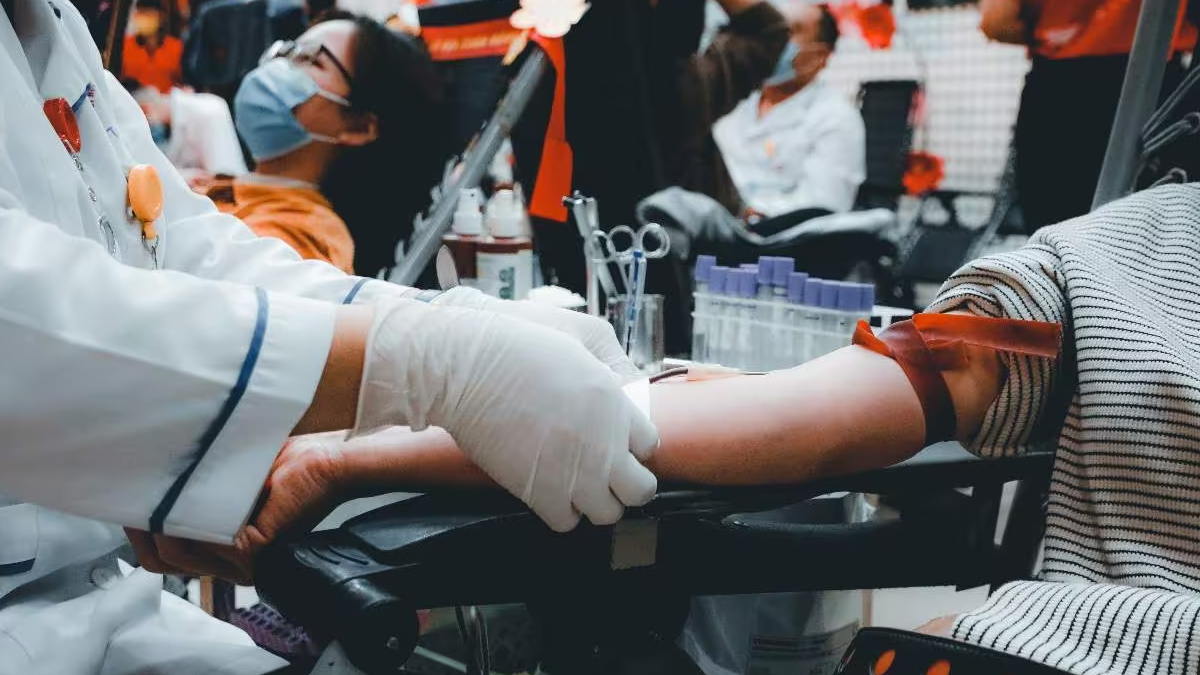)
Type O blood, also called O negative, can be used in all blood transfusions. Those who have it can donate blood to everyone – and are thus known as universal blood donors.
Is universal donor blood on the horizon?
A new study has revealed that bacteria in the intestines of human beings makes enzymes that could change a person’s blood group from A, B, AB to type O.
Type O blood, also called O negative, can be used in all blood transfusions.
Those who have it can donate blood to everyone – and are thus known as universal blood donors.
But what do we know about the new research? How would it work? And what would be the impact?
Let’s take a closer look:
According to The Print, the study was published this week in the journal Nature Microbiology.
A team led by Dr Maher Abou Hachem of the Department of Biotechnology and Biomedicine at the Technical University of Denmark and D. Martin L Olsson, professor in the Division of Hematology and Transfusion Medicine at Lund University was working on trying to convert A and B blood groups to O negative.
The idea behind the study is to attempt to deal with the routine lack of shortage that hospitals face when it comes to Type O blood.
Blood from universal donors is constantly in demand for emergency transfusions and for infants with immune deficiencies, according to the Red Cross website.
Researchers tested 24 enzymes and processed hundreds of blood samples.
According to Science Daily, the researchers found new combinations of enzymes from the human gut bacterium Akkermansia muciniphila.
These eat by breaking down the mucus, which covers the surface of the gut.
Researchers found that the bacteria, Akkermansia muciniphila, breaks down complex sugar chains in our blood cells that are required to match during blood transfusions.
It thus transforms A, B, and AB groups to the universal donor O.
So, how did they do it?
Researchers first checked the bacteria to determine a blend of unique enzymes that could transform A and B blood cells to O.
They did this by removing the antigens from the blood.
They found that they require around 8 grams of the enzyme to transform 200 milliletres of A and B red blood cells.
They dubbed the new blood group “enzyme converted to O” — aka ECO blood.
“Our conversion of RBCs was uniquely performed at the highest red blood cell concentration (38 per cent haematocrit), shortest assay time (30 min) and lowest temperature (room temperature), compared to previous work,” the researchers wrote as per The Print.
“These mild conditions without additives (for example, dextran) together with excellent enzyme efficacies are important feasibility parameters in clinical applications.”
“What is special about the mucosa is that bacteria, which are able to live on this material, often have tailor-made enzymes to break down mucosal sugar structures, which include blood group ABO antigens. This hypothesis turned out to be correct,” Hachem told Science Daily.
According to the website, this is not a new idea.
Indeed, the theory of using enzymes to convert blood groups into the universal donor type was first proposed over four decades ago.
Since then, researchers have discovered enzymes that are more efficient to eliminate the antigens.
However, the enzymes are not used in clinical practice as studies have not been able to explain or eliminate adverse reactions from the immune system.
So, what happens next?
According to Science Daily, researchers have applied for a patent.
They expect to make good progress in the next three-and-a-half years.
The idea then needs to be subjected to patent trials.
In the meantime, the reachers say their work will continue and that they are optimistic.
Professor Hachem told the website _Science Daily, “_For the first time, the new enzyme cocktails not only remove the well-described A and B antigens, but also extended variants previously not recognised as problematic for transfusion safety. We are close to being able to produce universal blood from group B donors, while there is still work to be done to convert the more complex group A blood.”
“Our focus is now to investigate in detail if there are additional obstacles and how we can improve our enzymes to reach the ultimate goal of universal blood production,” Hachem added.
They also hope their work will help humanity in the near future.
Science Daily quoted Olsson as saying, “Universal blood will create a more efficient utilisation of donor blood, and also avoid giving ABO-mismatched transfusions by mistake, which can otherwise lead to potentially fatal consequences in the recipient. When we can create ABO-universal donor blood, we will simplify the logistics of transporting and administering safe blood products, while at the same time minimising blood waste.”

 4 months ago
19
4 months ago
19

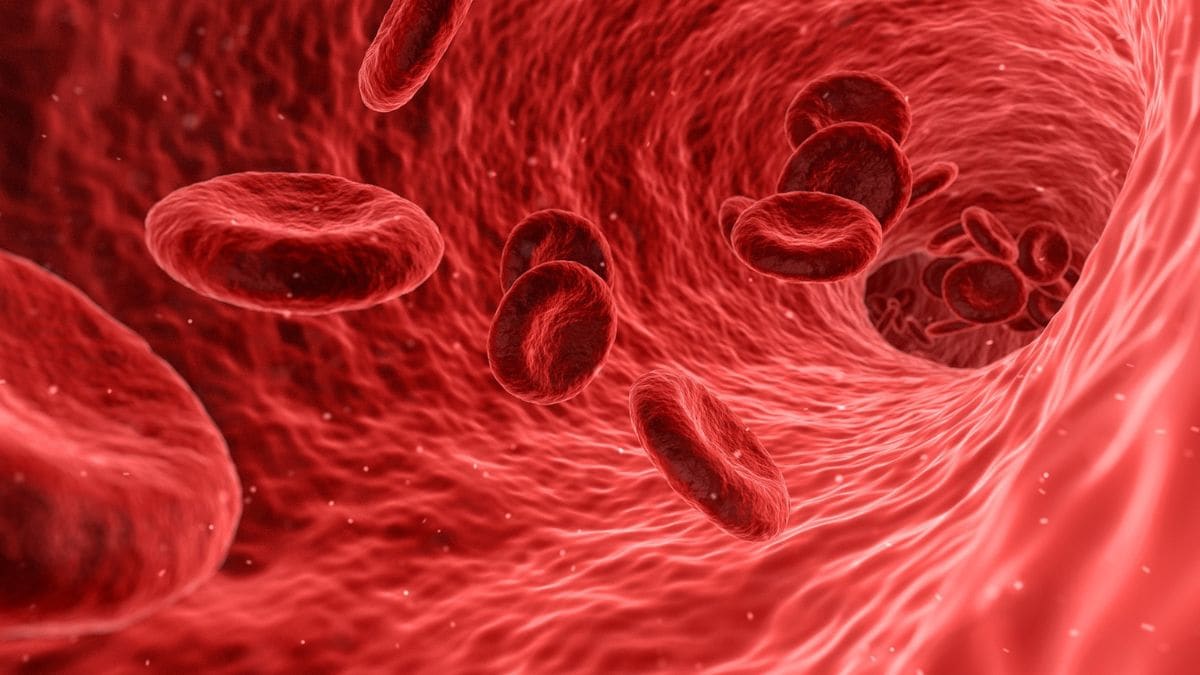
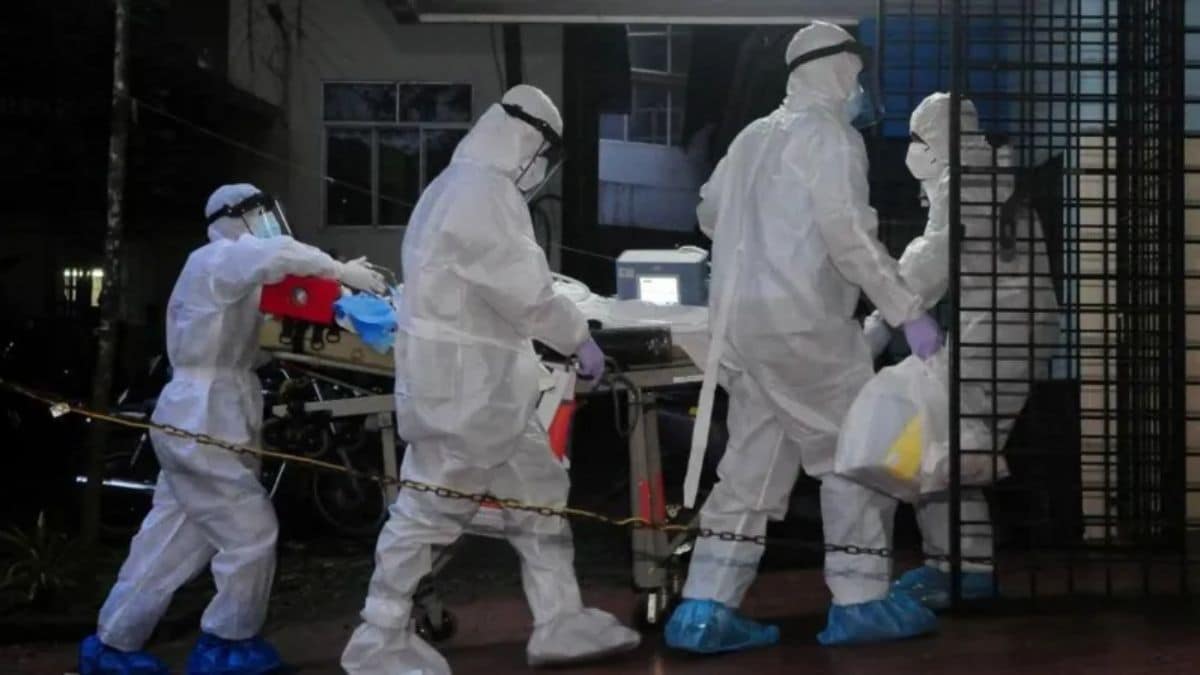
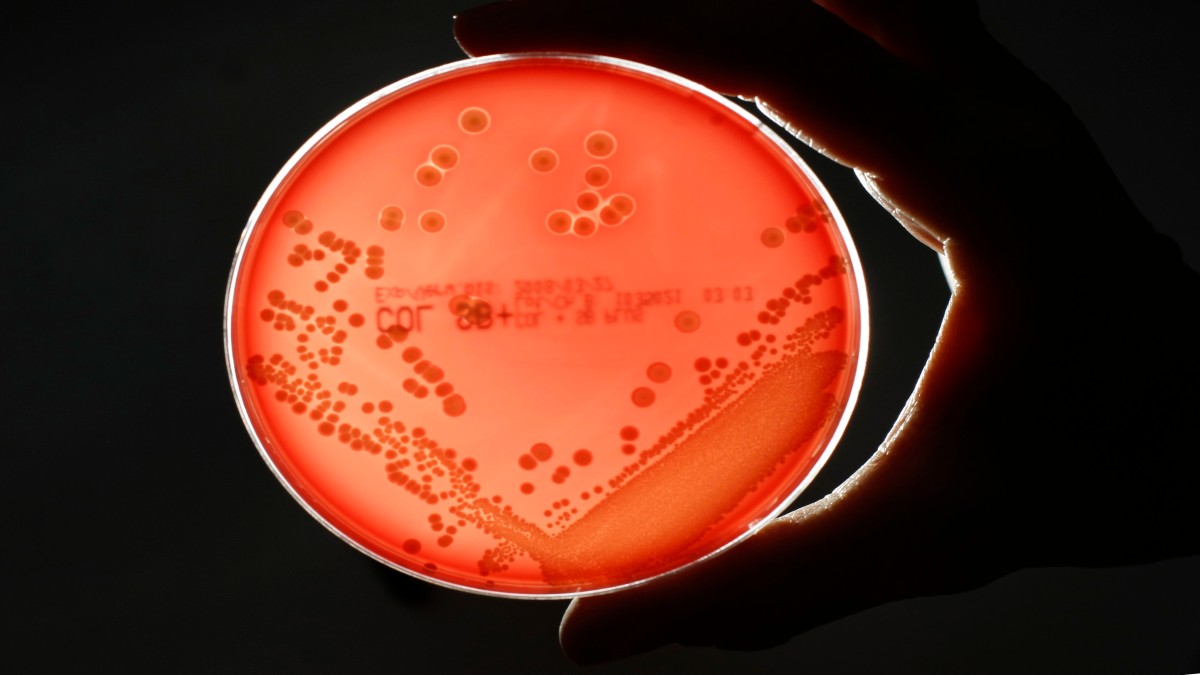
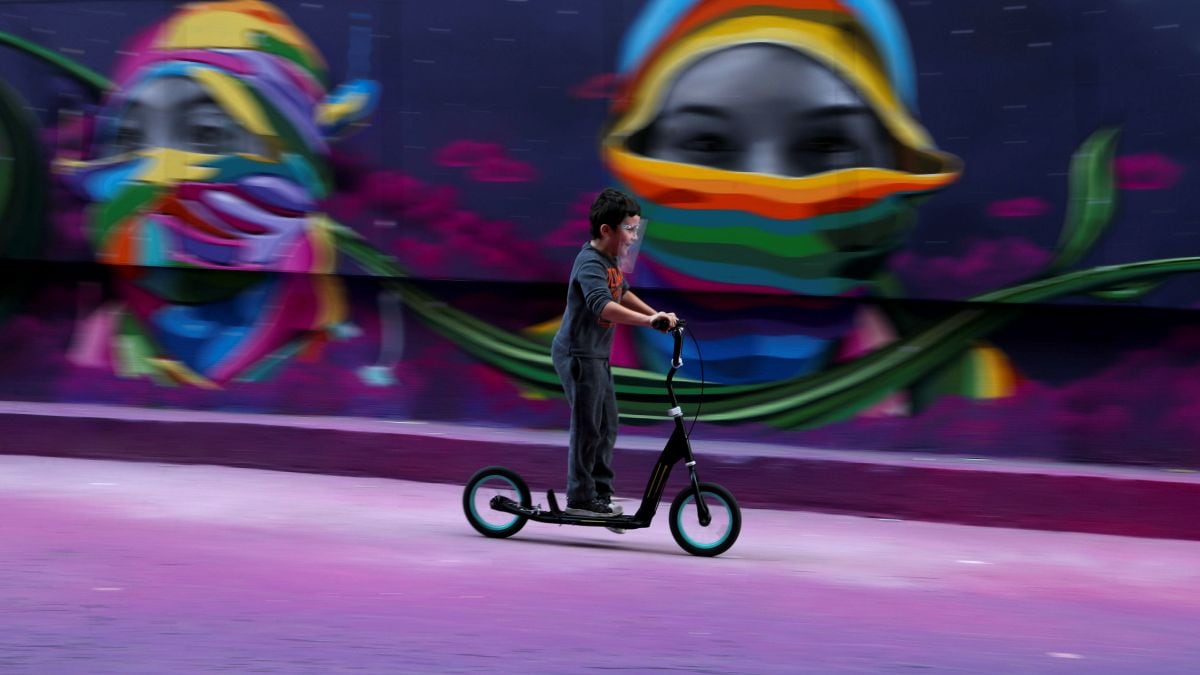

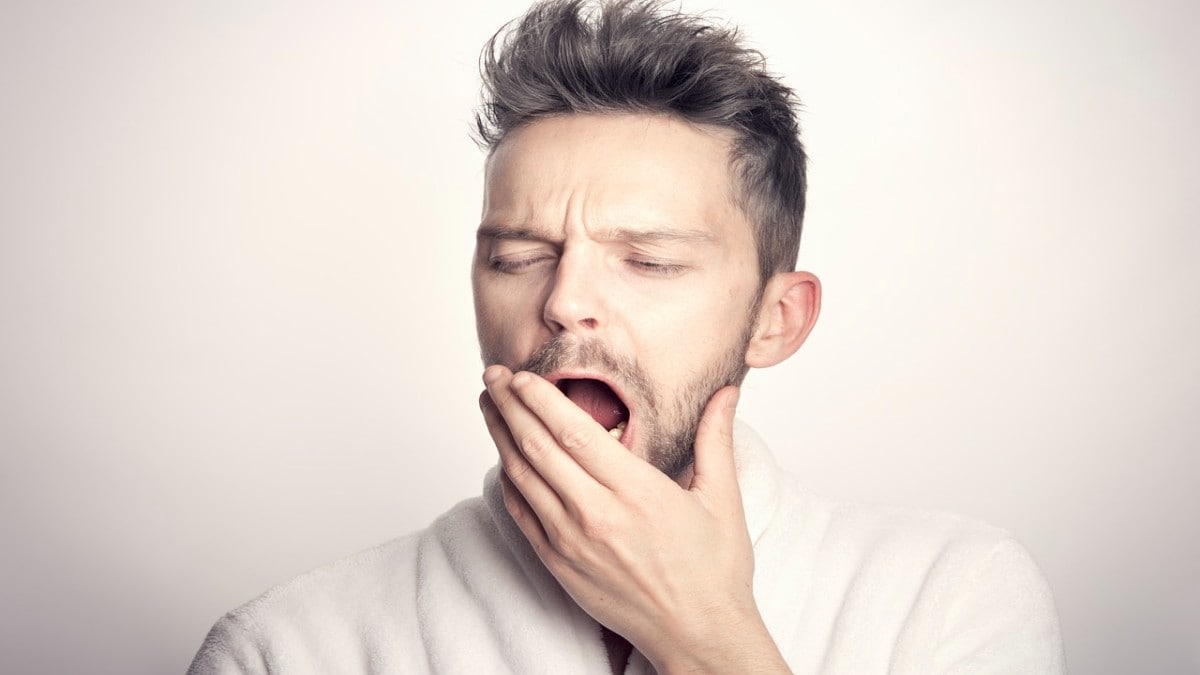
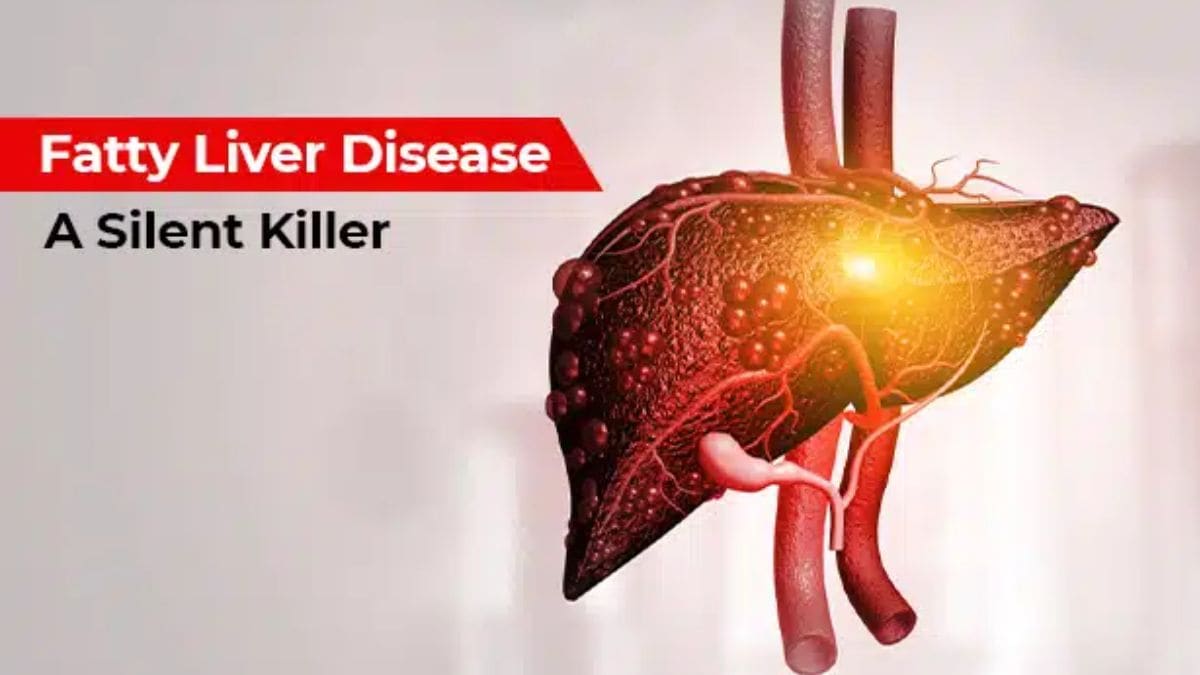
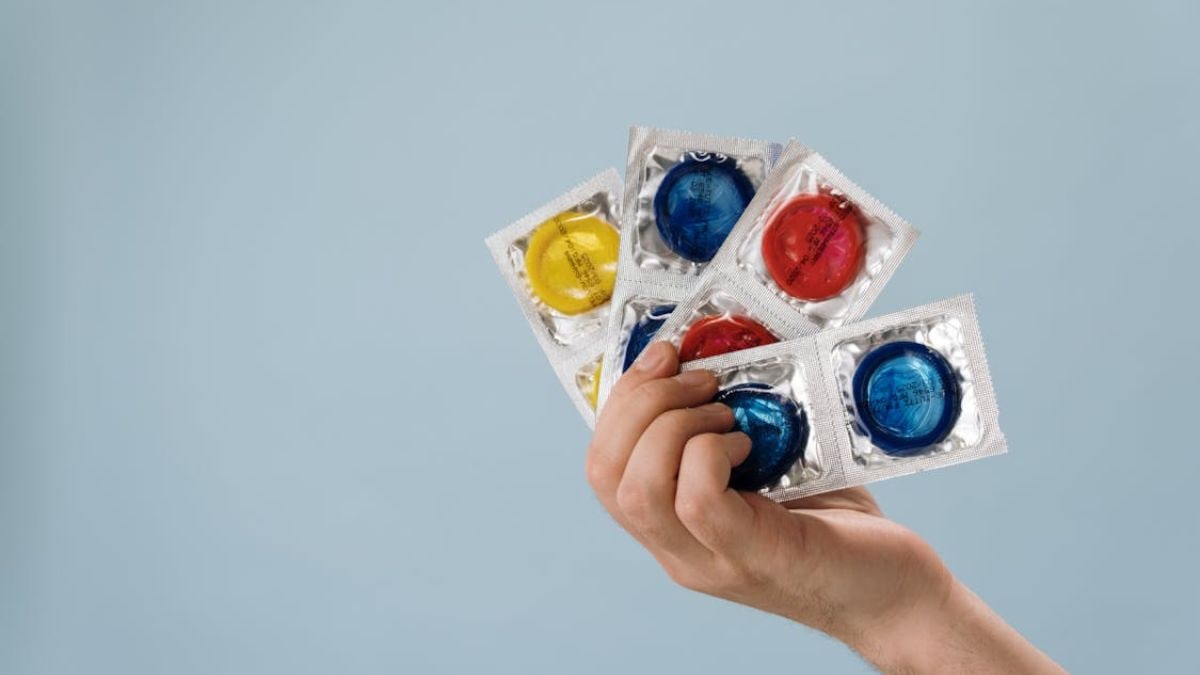
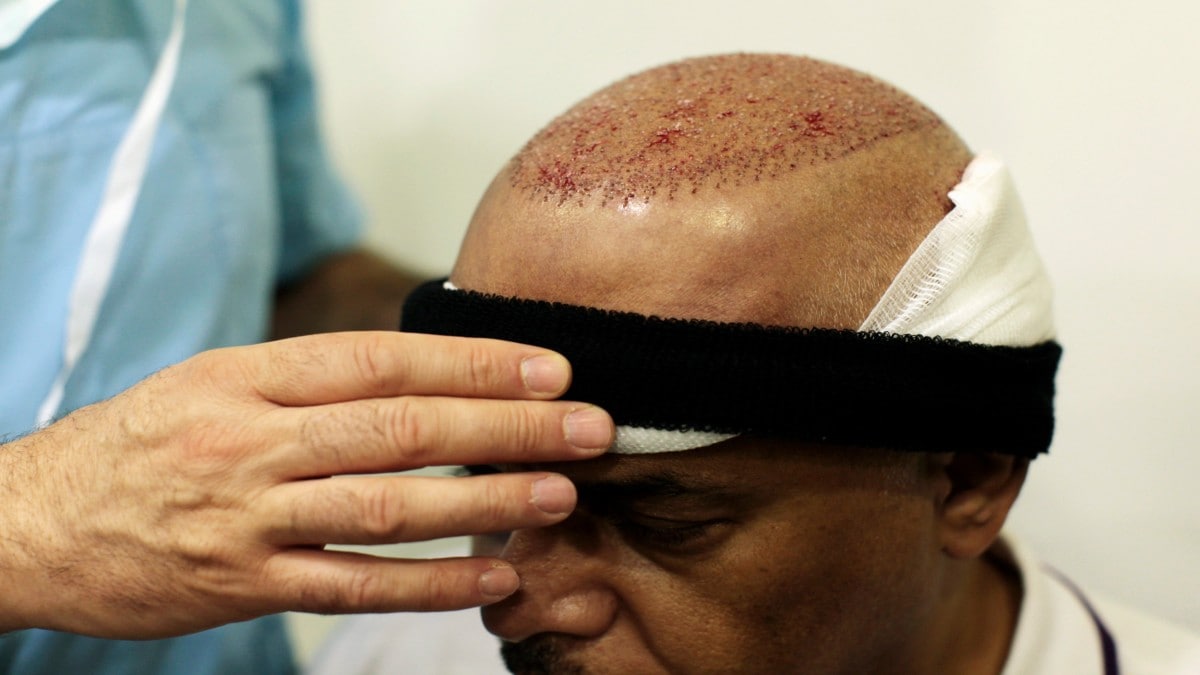

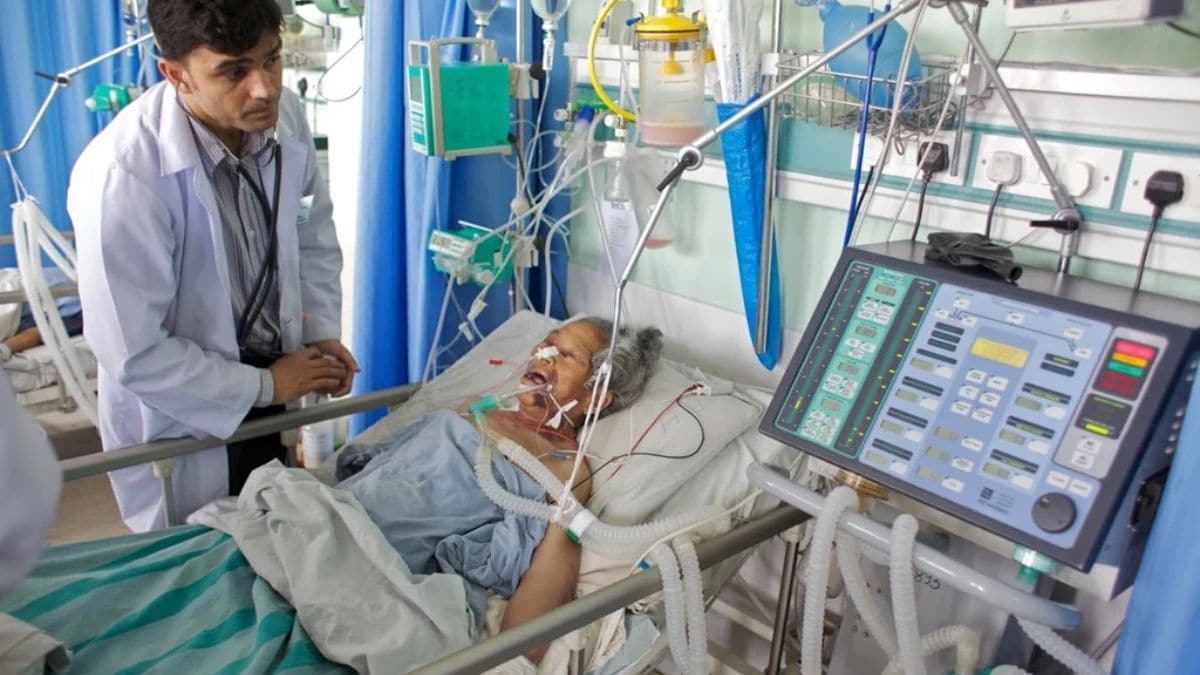
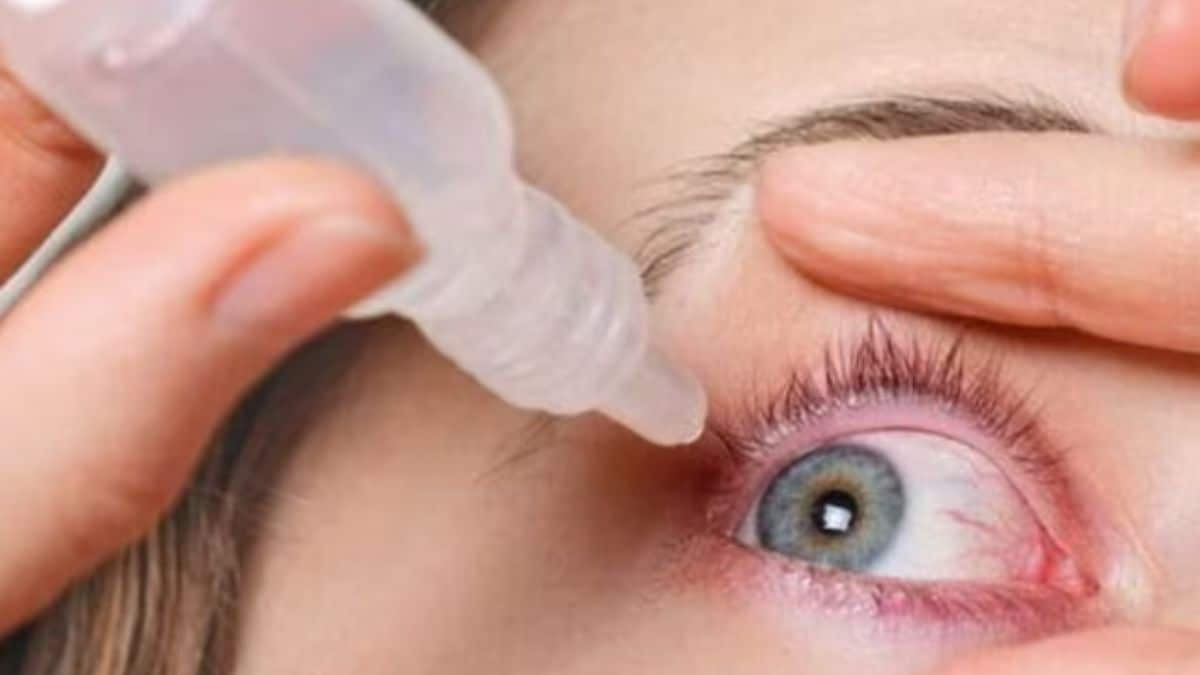
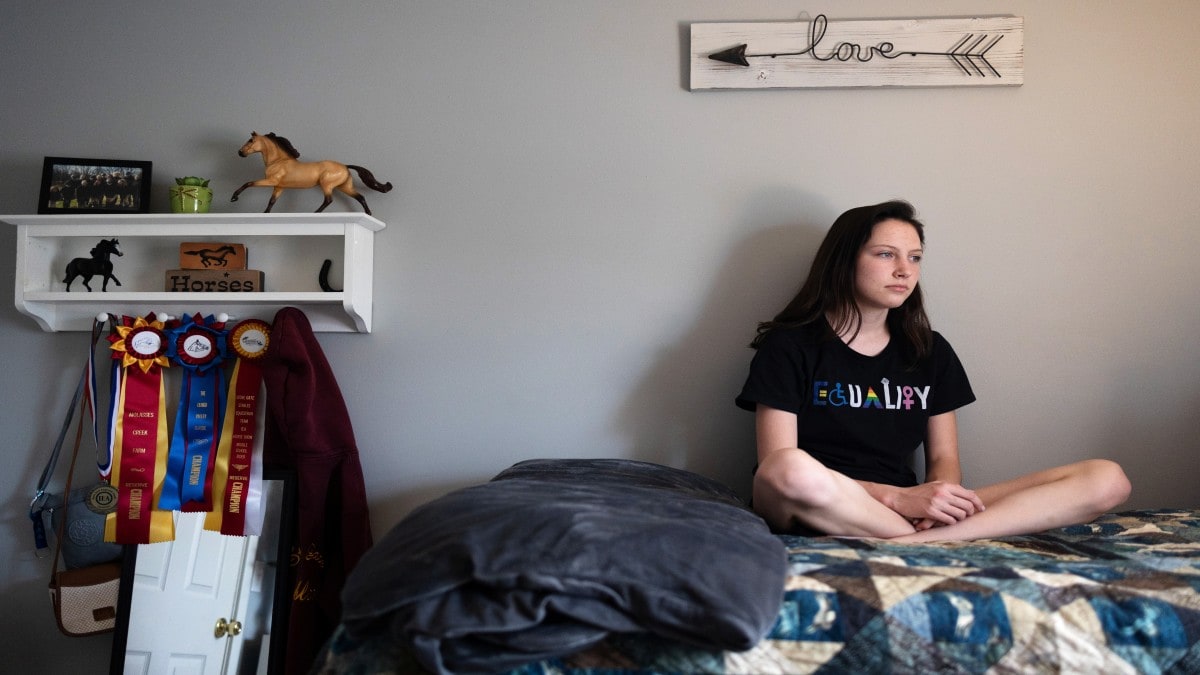
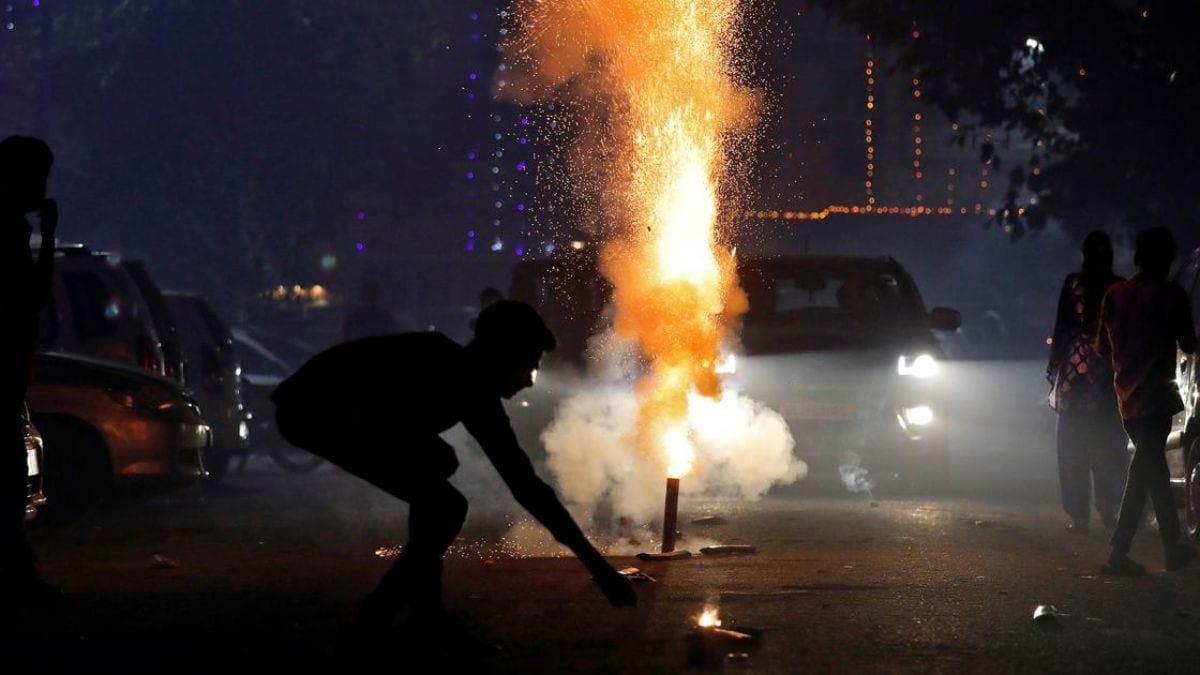
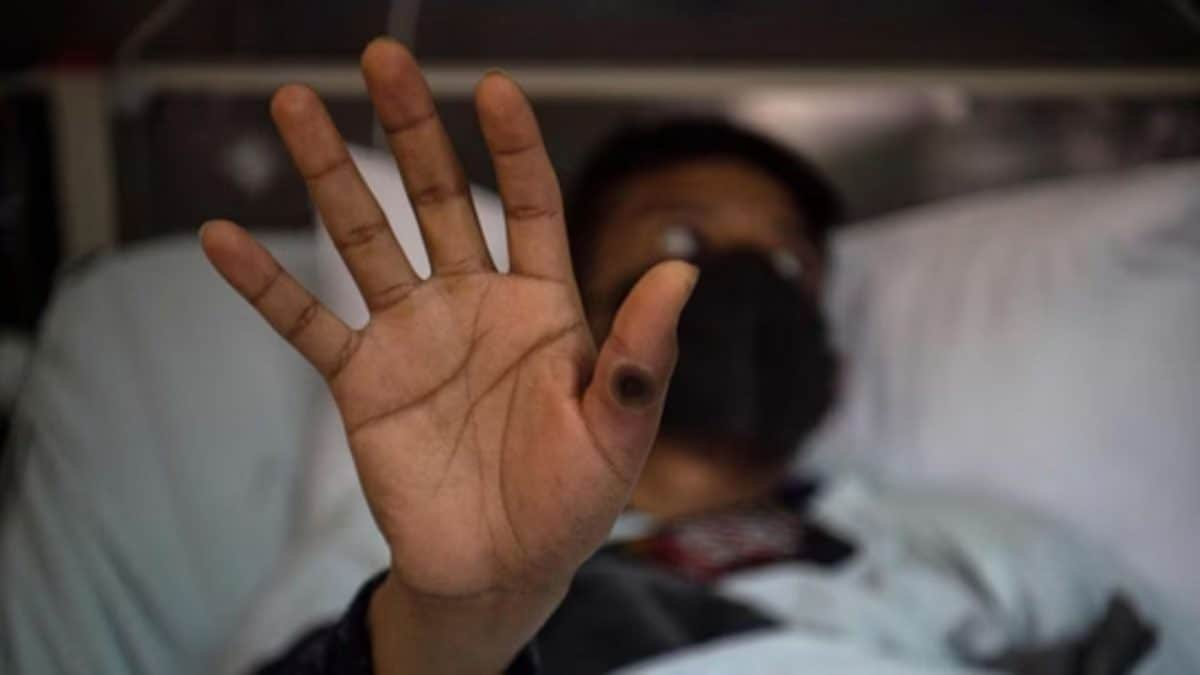
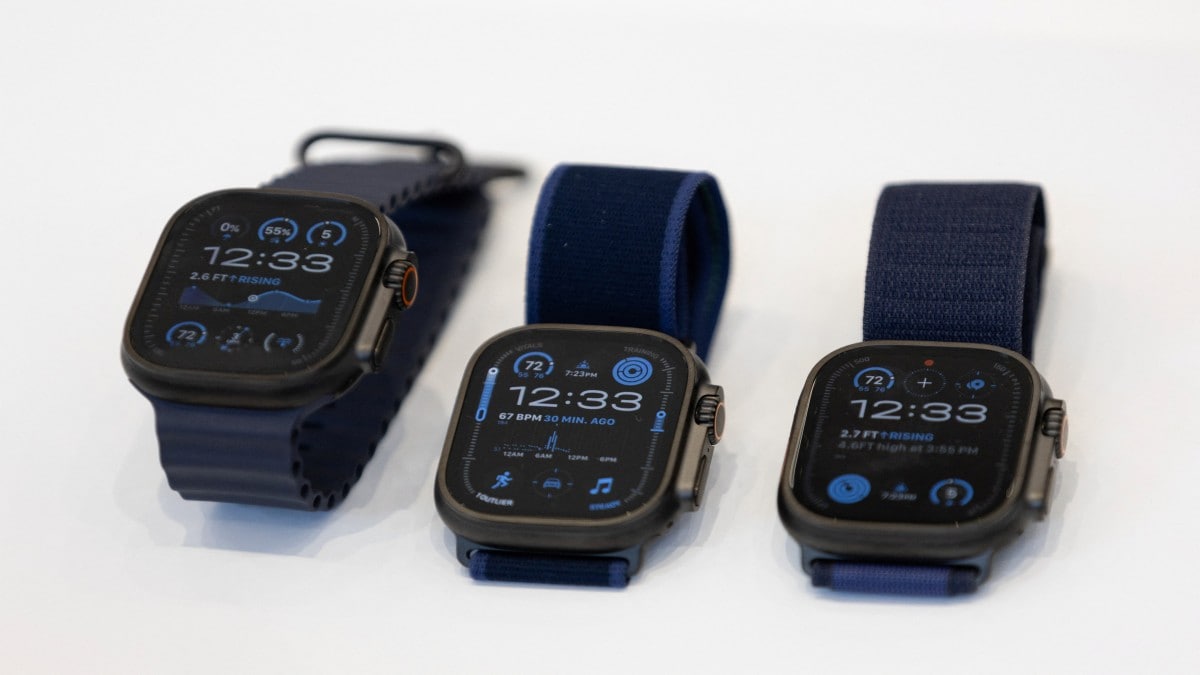

)
)
)
)
)
)
)
 English (US) ·
English (US) ·